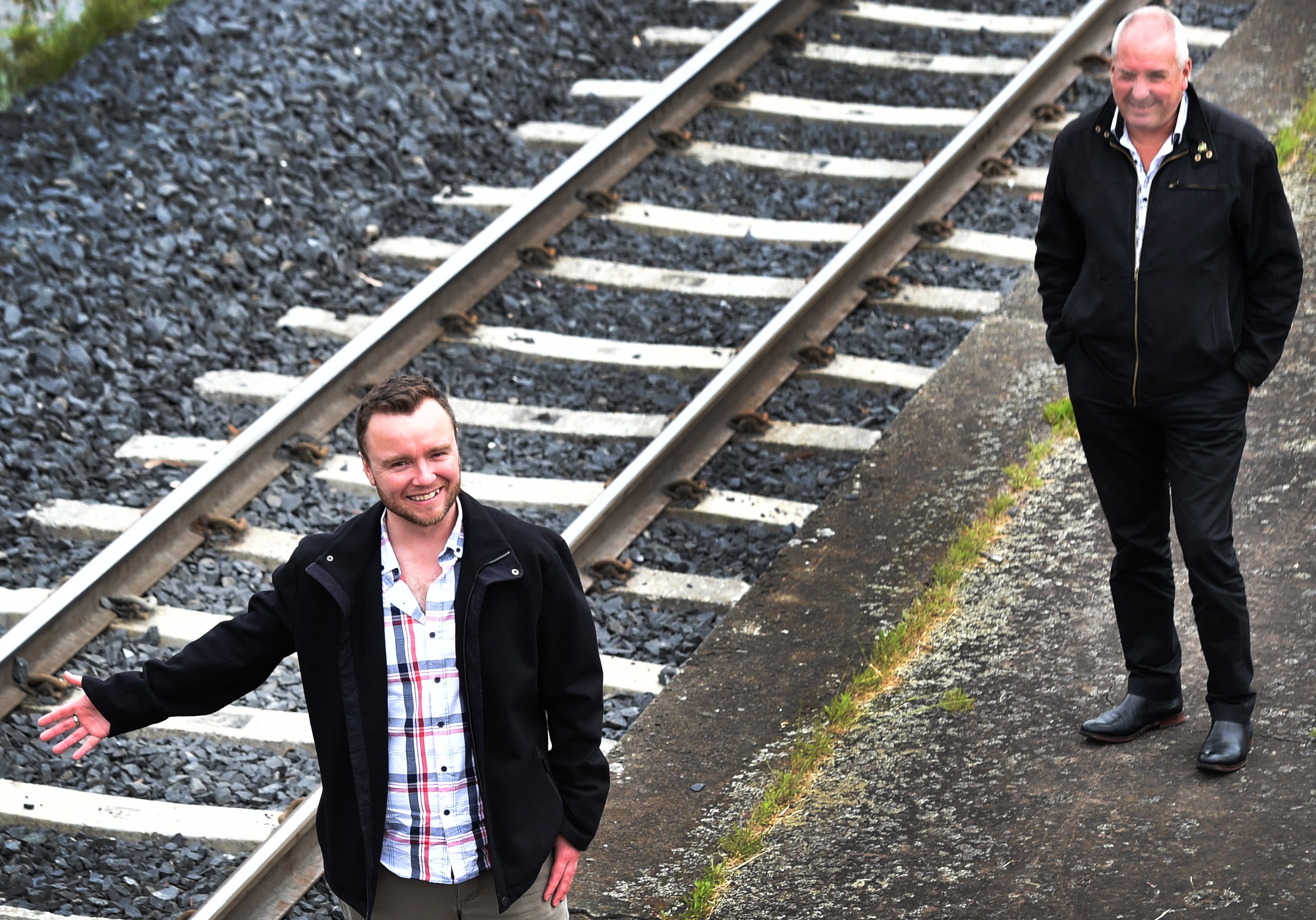Other ideas from the Otago Excursion Train Trust include a tourist levy to ensure a portion of fares goes to the upkeep of the railway, themed rides and a trial of leasing rail carts.
The vision for the trust to own and operate the train and railway has been put forward in a business case.
The Dunedin Railways operation would be split in two - railway operations, and infrastructure and maintenance.
Infrastructure and maintenance would be a joint venture between the not-for-profit entity and the Dunedin City Council.
The future of Dunedin Railways is to be debated by city councillors today and the trust’s vision is at variance with what council staff have recommended in the short term.
Council staff suggested council company Dunedin City Holdings Ltd (DCHL) should continue to fund the operation until mid-2024, but they did not envisage a regular service beyond Hindon.

A coastal service from Dunedin to Waitati would be retained, regardless of whether DCHL or the trains trust was the operator.
Maintaining limited services on both lines for two more years was presented by council staff as the best way to keep options open amid lingering uncertainty resulting from the Covid-19 pandemic.
The Otago Excursion Train Trust pitched for a change in operator beginning as early as the middle of next year.
There would be a transition period in any handover.
The trust led a campaign to save the Taieri Gorge line after completion of the Clyde Dam in 1989 put the railway’s future in jeopardy.
A community appeal raised $1.2 million to buy the track and trains.
A regular tourist train was also set up and the trust entered into a partnership with DCHL.
However, the trust gave up its shareholding of almost 28% amid economic pressures flowing from Covid-19.
The trust commented in its business case that it had been ‘‘cornered and pressured’’ and trustees had had little time to think over the matter.
‘‘The trust gave up and wrote off more than $824,623 in shares and $326,149 in a direct loan, in the haste of the decisions being pressured upon the organisation,’’ the train trust’s business case said.
‘‘We are now seeking to work with the Dunedin City Council again, we suggest in a different reporting path and structure.
‘‘We would like to discuss the future of the railway that we saved from being ripped up.’’
The Waikouaiti Coast and Strath Taieri Community Boards were among several organisations that wrote letters of support for the trust.
The business case stated the trust wanted to reinvigorate the tourism potential of the Taieri Gorge.
It included ‘‘the clear goal that every public scheduled departure has the destination of Middlemarch’’.
Themed rides might include ‘‘chocolate trains’’, murder-mystery events and a trip to a Middlemarch barn dance.
The trust could lease rail carts as a trial and heritage trains could run in the gorge, the business case proposed.
A $5 levy could apply to visitors who bought train tickets.
An annual council grant of about $1.5 million would be needed for 10 years.
‘‘This covers the neglect from deferred maintenance and upgrades that are required.’’












